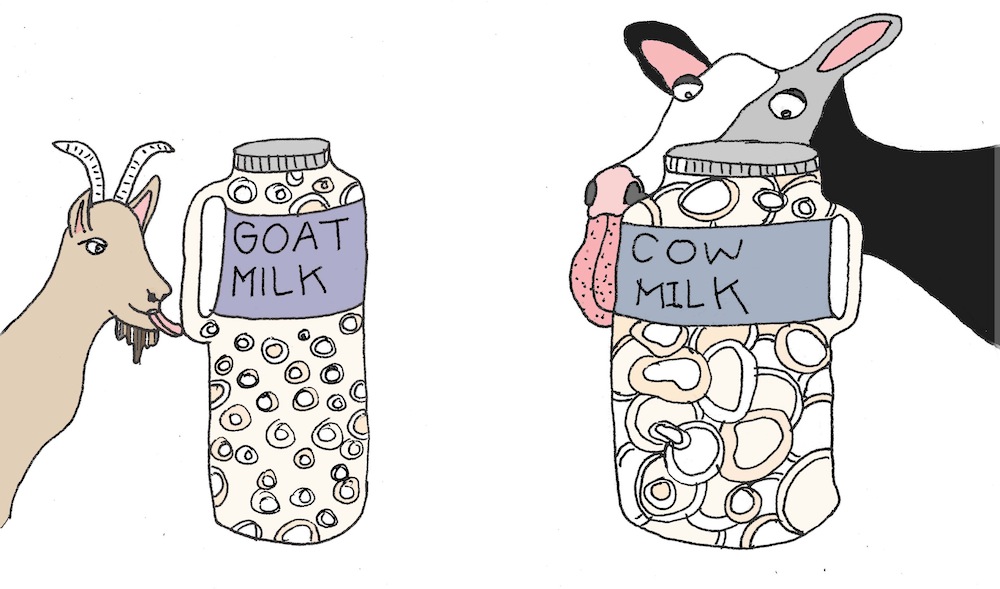What is (sinus) sinusitis?
Sinusitis refers to a swelling or inflammation of the tissue lining of the sinuses. When healthy, sinuses are filled with air, but they can become blocked and filled with a fluid. This can lead to the growth of germs and cause an infection.
Sinus infections mostly follow a cold and they can either be acute or chronic, with chronic sinusitis taking up to 12 weeks or more to go away.
Acute sinusitis lasts about 2-4 weeks, while subacute sinus inflammation lasts 4-12 weeks. Recurrent sinusitis happens several times a year.
What can cause a sinus infection?
- Bacteria
- Viruses
- Fungi
The same viruses that cause common colds are responsible for causing most cases of sinusitis. The lining of the sinus cavity gets inflamed and swells due to a virus, and this is called viral sinusitis. The swelling tends to block normal drainage of fluids from the sinuses into the throat and nose. The presence of the fluids that build up attracts the growth of fungi or bacteria. This leads to more swelling and pain and is likely to get worse with time and become chronic.
Other problems that block the nasal passage like nasal allergies can also lead to sinusitis.
What are symptoms of sinus(sinusitis)?
- Stuffy or a runny nose
- Pressure or pain in the head and face
- Yellow or green drainage from the nose or down the back of the throat, also known as postnasal discharge.
- Bad breath
- Fever
- A cough that produces mucus
- Dental pain
- Reduced sense of taste and smell
Is sinus infection contagious?
Sinusitis is not contagious in most cases, but in some cases, it can be spread from person to person. Viral sinusitis is contagious and can be spread via hand to hand contact or through tiny air droplets that result from coughs and nose blowing.
To prevent contagious sinusitis
- Wash hands with soap and water or sanitizer
- Social distancing
- Wear masks
- Vaccination
How is sinus infection treated?
Viral infections will go away on their own within 10 to 14 days, and antibiotics do not work on them.
To relieve the symptoms of viral sinusitis, try doing this at home;
- Drink plenty of fluids.
- Place a hot, damp towel on your face for 5 to 10 minutes several times a day
- Breathe warm, moist air from a hot bath, sink filled with hot water, or a steamy shower.
- Use saline spray or drops to keep the nasal passage moist
- Use saline nasal washes to keep the nasal passage open and wash out the bacteria and mucus
- You can use over the counter medicine to relieve pressure and pain in your face and head.
To treat bacterial sinusitis, use antibiotics and have them prescribed by a qualified physician. You will feel better in a few days, though the symptoms may last for several weeks. If you have chronic sinusitis, you may need to take your medicine for a longer time.
Fungal sinusitis will require the use of antifungals, steroids, or surgery. Surgery may also be a solution if you have taken antibiotics for a long time with no improvement, or if you have other problems like a growth that blocks the nasal passage.



